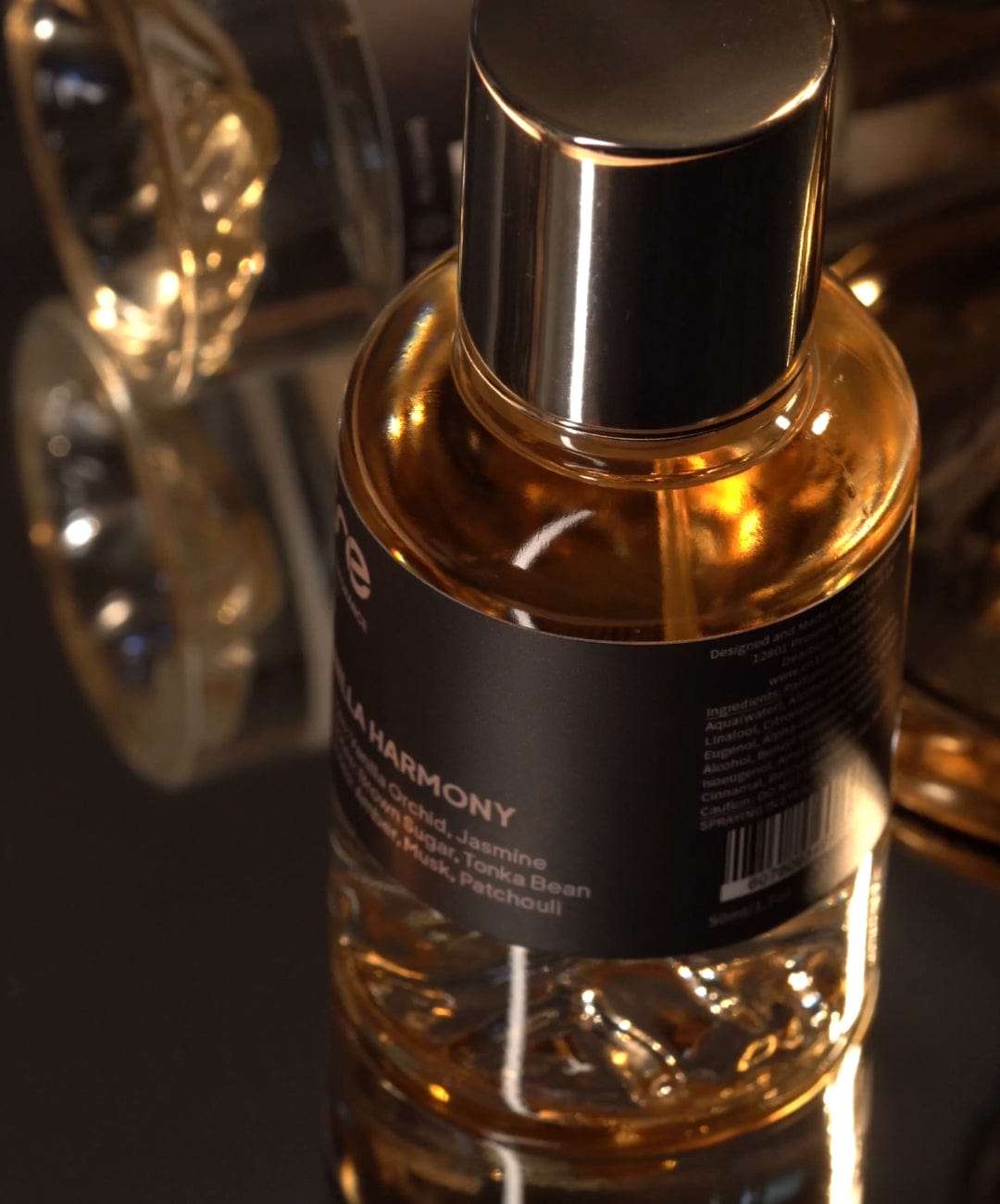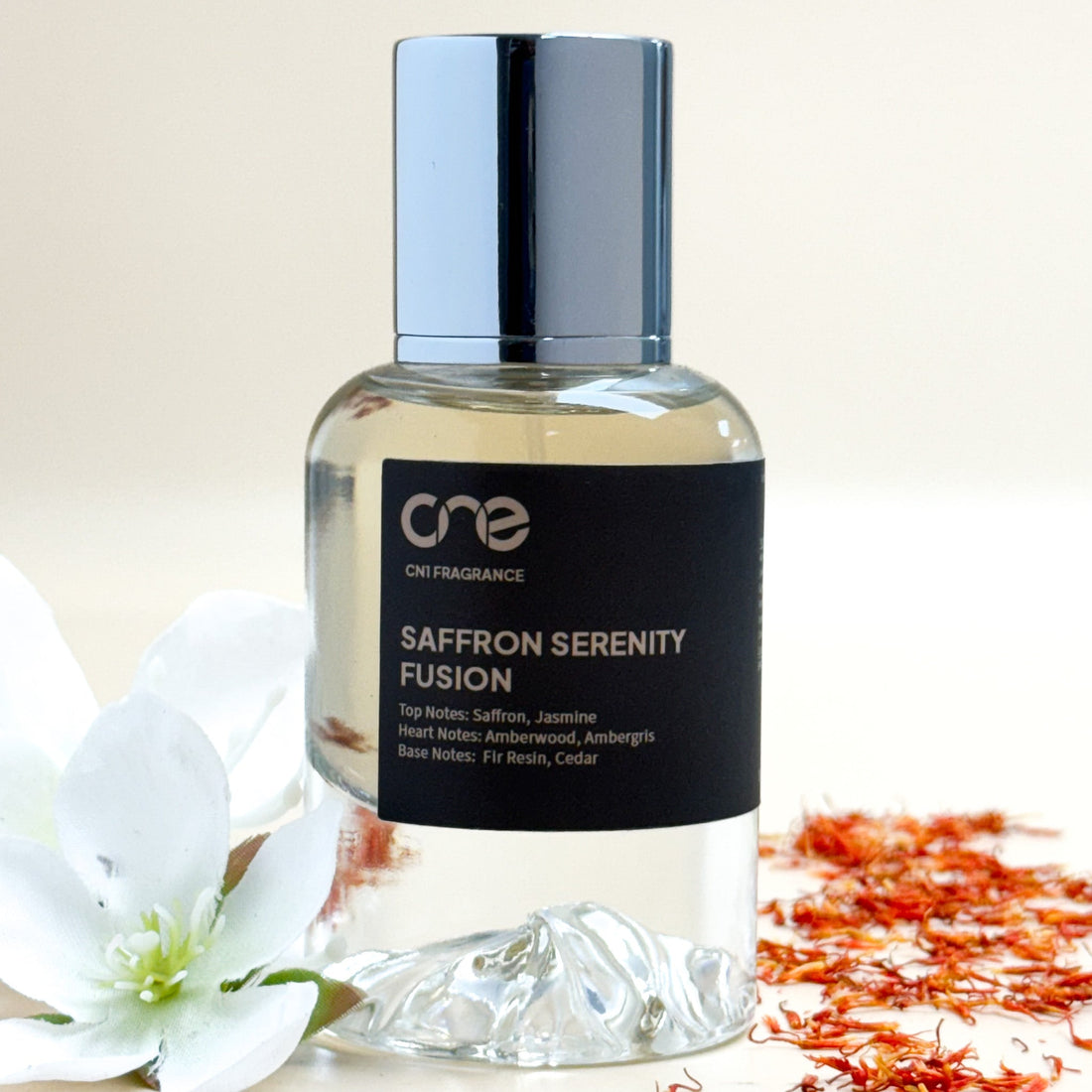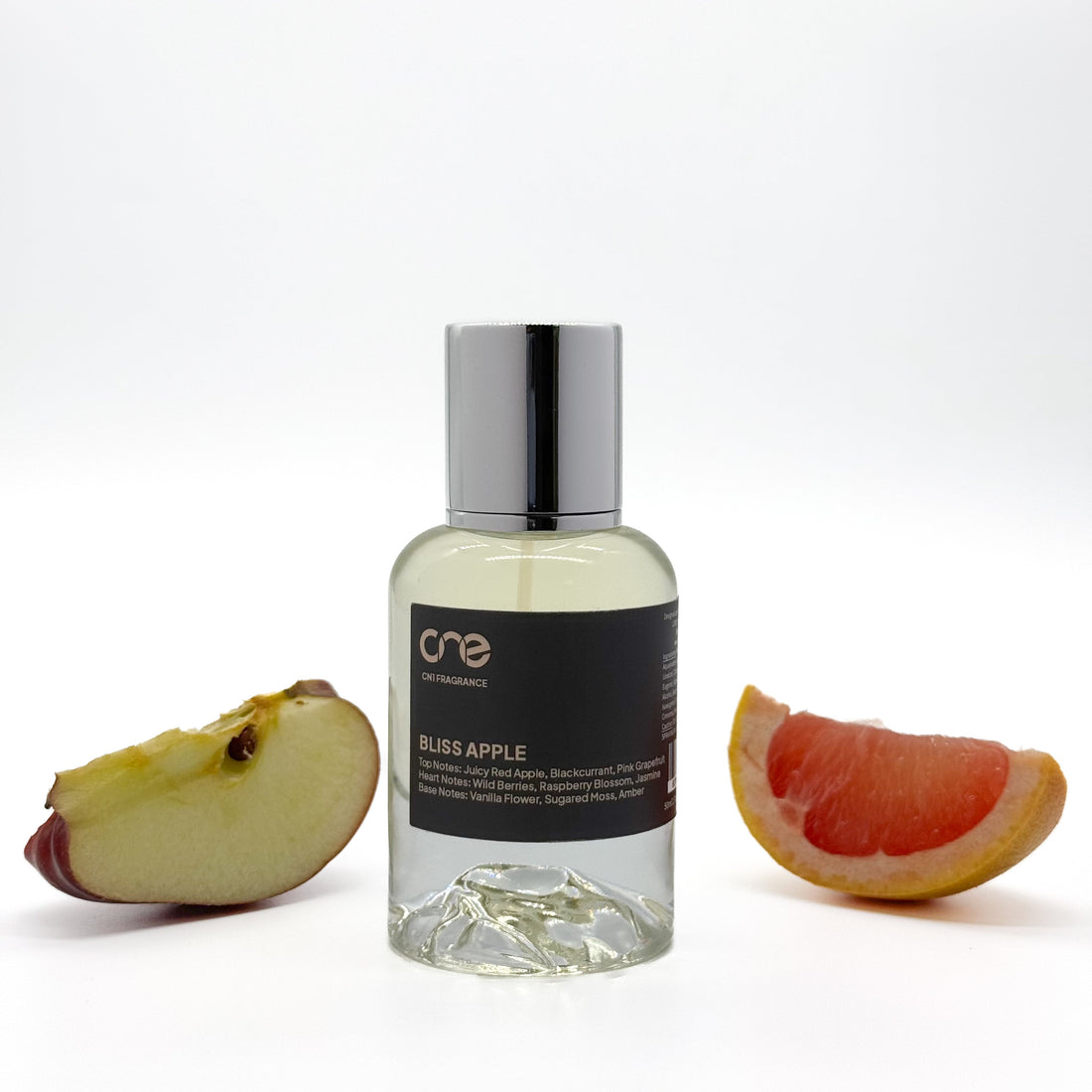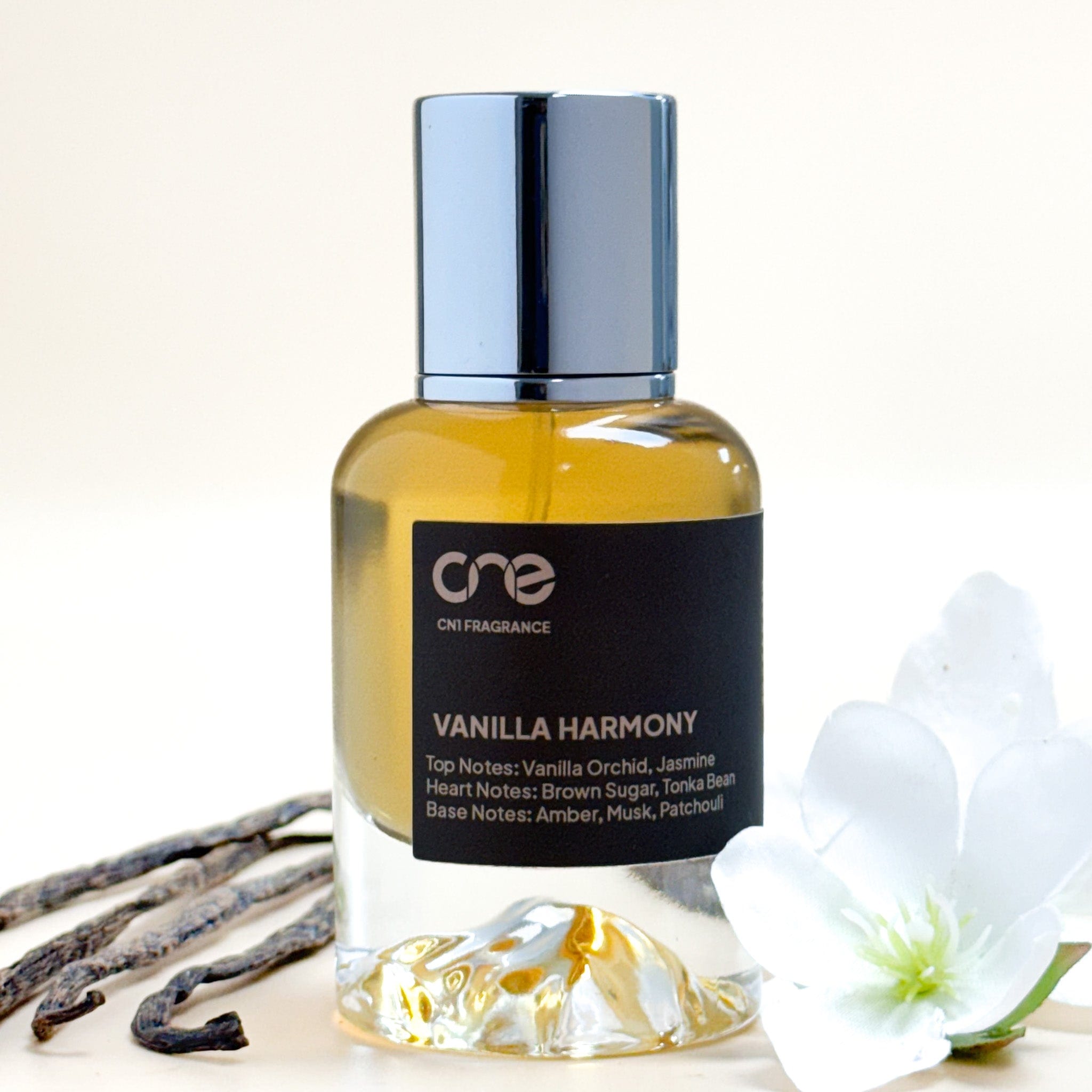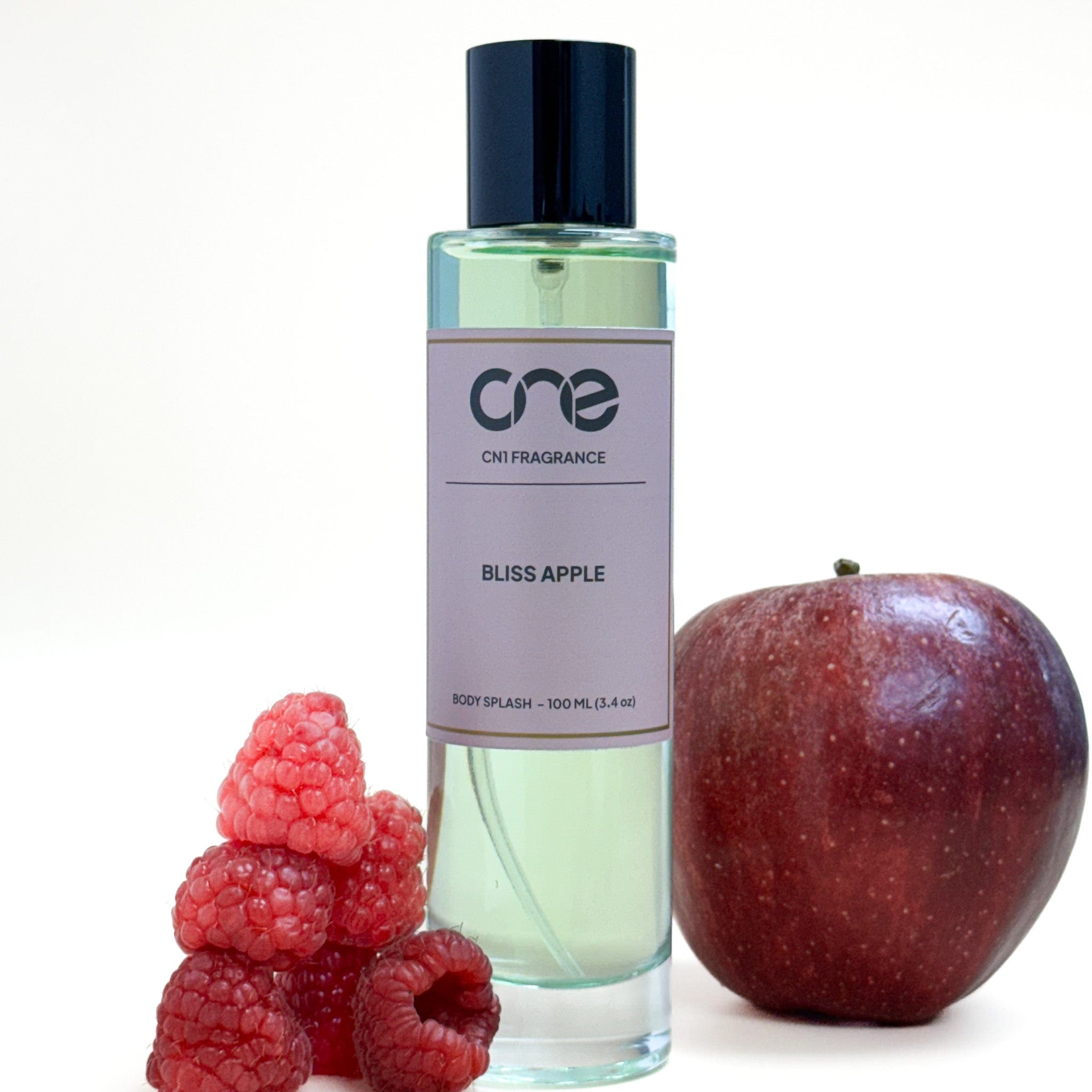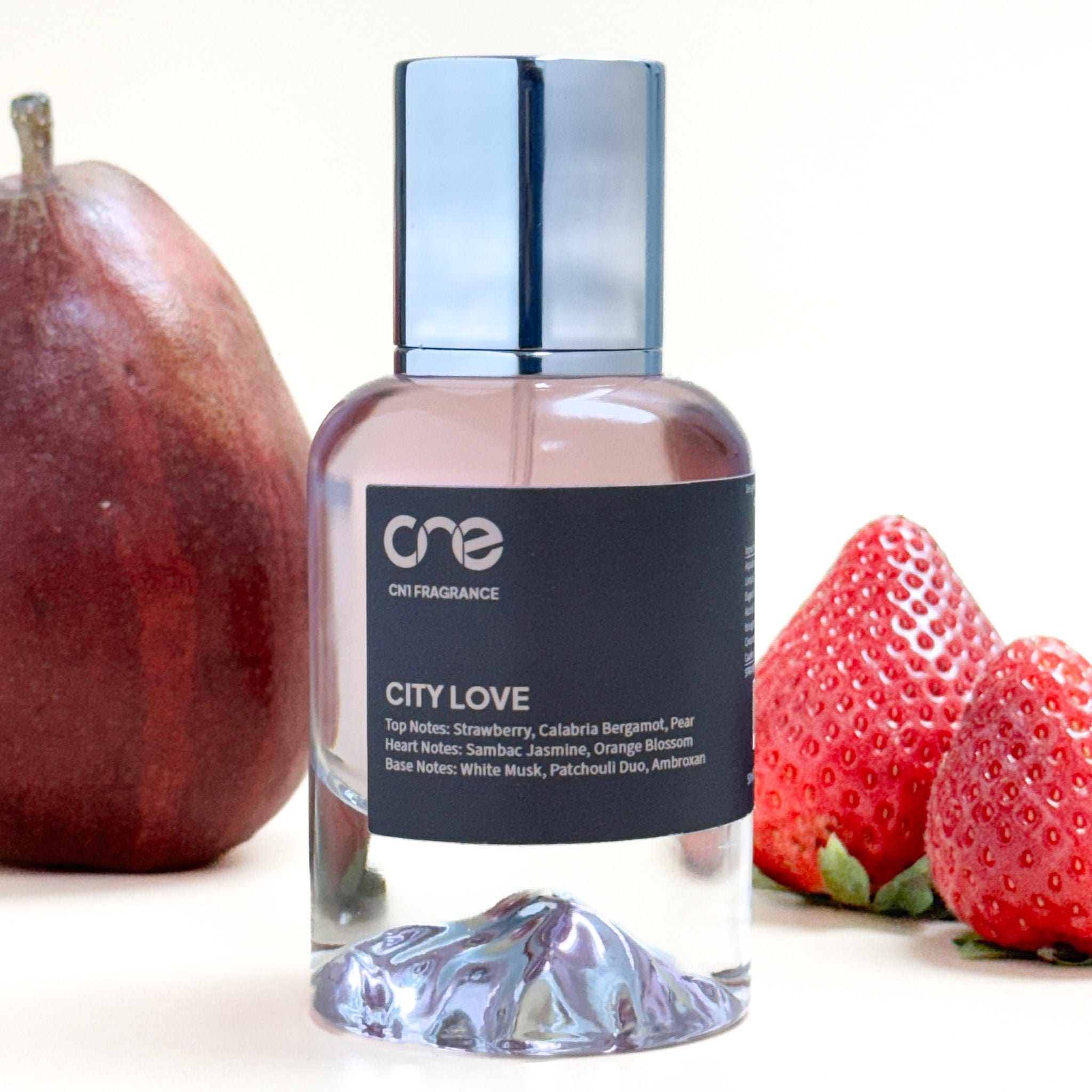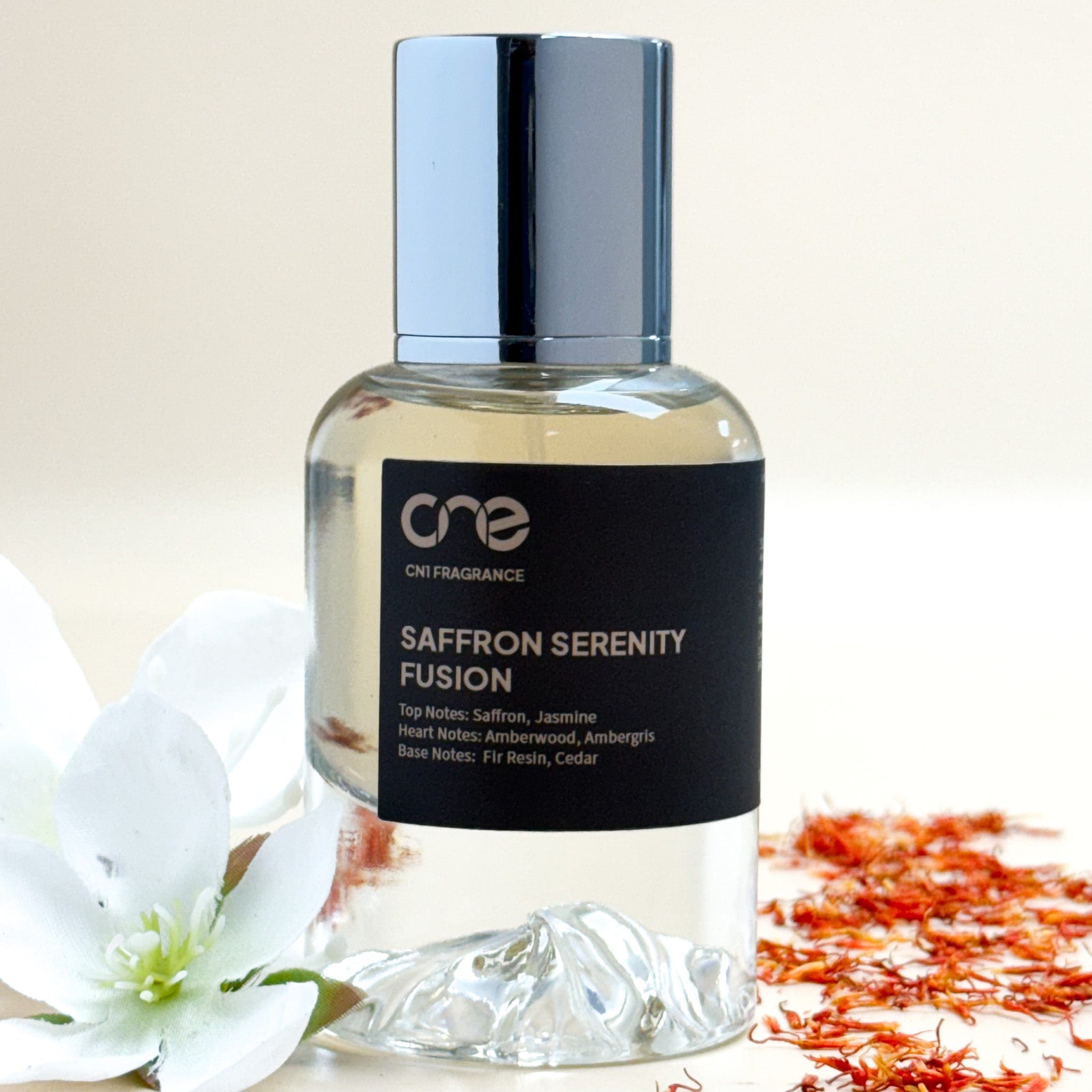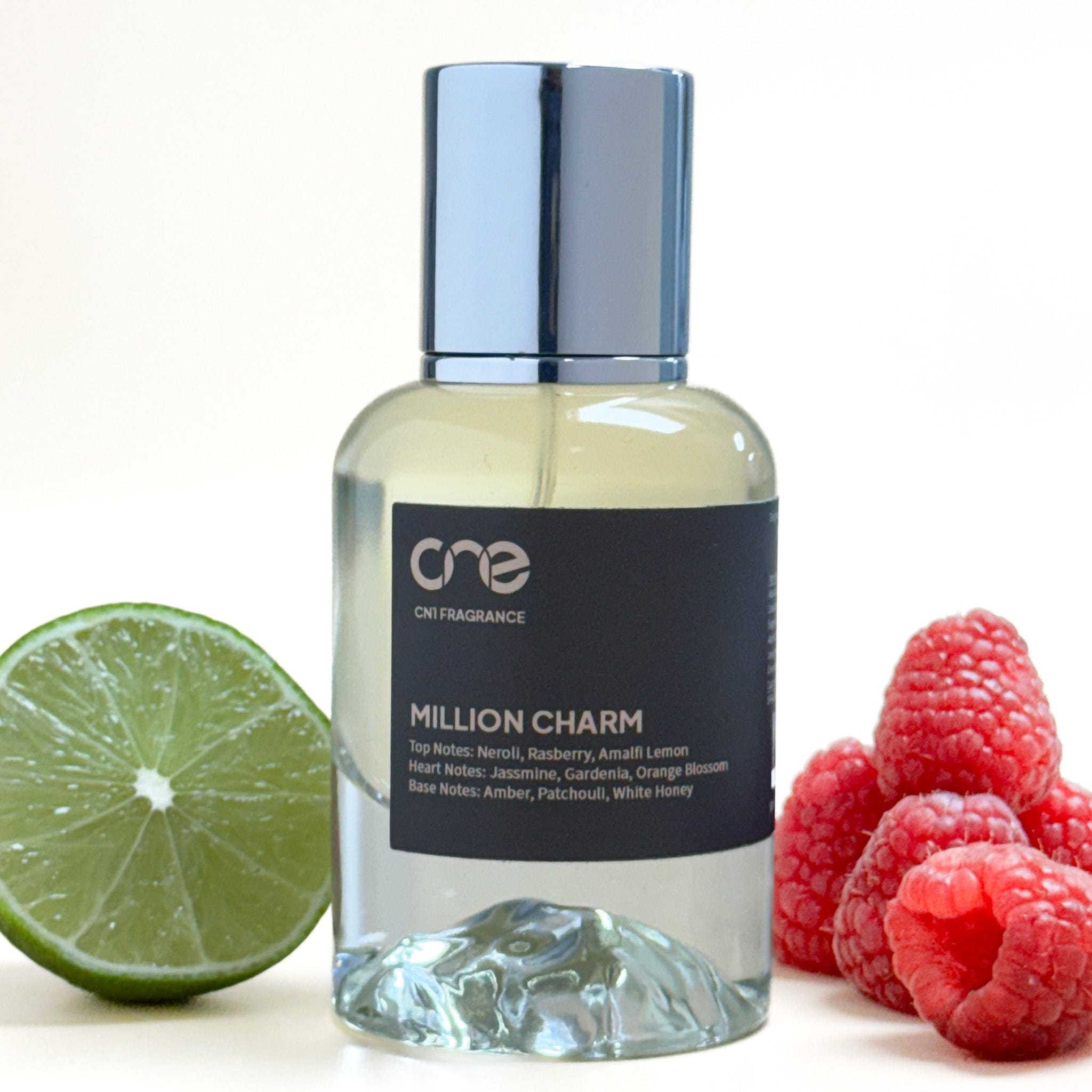Fragrance oils are an essential component in various industries, from personal care to home ambiance. These oils are not just about pleasant smells; they represent a blend of art, science, and nature. Understanding how fragrance oils are extracted and used across different applications can help us appreciate the depth and breadth of their impact.
Extraction of Fragrance Oils
Fragrance oils are typically synthetic, crafted in laboratories to mimic natural scents or create entirely new aromas. However, the inspiration often comes from nature, where essential oils are extracted through various methods, which include:
1. Steam Distillation: This is the most common method used to extract essential oils from plant materials like flowers, leaves, and stems. The plant material is placed in a distillation chamber where steam is introduced. The heat causes the plant material to release its oils, which then evaporate and are captured in a condenser. The oil is then separated from the water, leaving behind pure essential oil.
2. Cold Pressing: Commonly used for extracting oils from citrus fruits like oranges, lemons, and limes, cold pressing involves mechanically pressing the fruit peels to release the oils. This method is particularly favored for its ability to maintain the integrity of the oil's natural properties.
3.Solvent Extraction: Some delicate flowers, such as jasmine and rose, do not yield much oil through steam distillation. Instead, they are subjected to solvent extraction, where a solvent is used to dissolve the essential oils from the plant material. The mixture is then filtered, and the solvent is removed, leaving behind a fragrant oil known as an "absolute."
4. CO2 Extraction: This modern method uses supercritical carbon dioxide as a solvent to extract oils from plant material. CO2 extraction is highly efficient and produces pure, high-quality oils without the use of harsh chemicals. It's particularly popular in the food and beverage industry for its ability to produce flavors and fragrances with precise profiles.
Applications of Fragrance Oils
Fragrance oils are incredibly versatile and are used in a wide range of products and industries. Here are some key applications:
1. Perfumery: The most common use of fragrance oils is in the creation of perfumes and colognes. These oils serve as the primary scent component, blended with other oils and ingredients to create complex, layered fragrances. Synthetic fragrance oils allow perfumers to craft unique scents that may not be easily replicated in nature, expanding the range of olfactory experiences.
2. Personal Care Products: Fragrance oils are a staple in products like lotions, shampoos, soaps, and deodorants. They are carefully selected to complement the product's purpose and provide a sensory experience that enhances the user’s daily routine. For example, lavender oil might be used in a body lotion for its calming properties, while citrus oils are popular in energizing shampoos.
3. Candles and Home Fragrances: The home ambiance industry heavily relies on fragrance oils to create products like scented candles, reed diffusers, and air fresheners. These oils are chosen based on their ability to evoke certain moods or feelings, such as relaxation, warmth, or freshness. Home fragrance products are often crafted to provide a consistent scent experience, making fragrance oil quality and stability crucial.
4. Aromatherapy: While essential oils are typically used in aromatherapy for their therapeutic properties, fragrance oils are also gaining popularity in this field. They are used in diffusers and bath products to create an atmosphere conducive to relaxation, focus, or energy, depending on the oil blend.
5. Food and Beverage Industry: While fragrance oils used in the food industry must meet strict safety standards, they are integral in creating flavors for products like candies, beverages, and baked goods. These oils provide consistency in taste and aroma, which is essential for consumer satisfaction.
6. Cleaning Products: Fragrance oils are used in household cleaning products to mask chemical smells and provide a fresh, clean scent. These scents can range from floral to citrus to herbal, enhancing the cleaning experience and leaving a pleasant aroma in the home.
Fragrance oils are more than just a pleasant addition to products—they are a crucial component in multiple industries, influencing everything from our personal grooming routines to the ambiance of our homes. The methods of extraction, whether from natural sources or synthetic processes, are carefully chosen to preserve the integrity and quality of the fragrance. As the demand for unique and personalized scents grows, so too will the innovative applications and extraction techniques of fragrance oils.
Whether in a perfume, a soothing lotion, or a refreshing room spray, fragrance oils continue to play a vital role in our daily lives, enriching our sensory experiences and contributing to our well-being.

